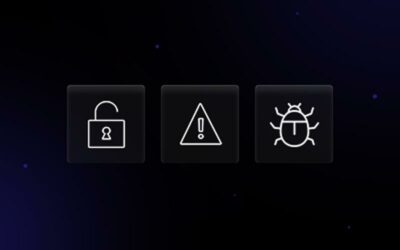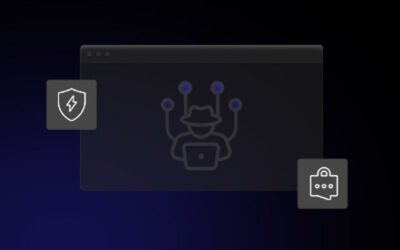The internet has changed our lives in many ways. It gives us access to a multitude of information as well as enables us to communicate with people all over the world.
The internet has also evolved into a major commerce platform where personal and financial information is exchanged between clients and vendors. Because of this nefarious individuals and groups opportunistically look for ways the scam unsuspecting users.
Here we will look at some of the basic scams as well as how to recognize if someone is trying to perform a scam on the internet.
IMPOSTOR SCAMS
This has been one of the most common scams over the last few years. Here a scammer will send an email or message posing as a legitimate financial or commercial institution. The individual will inform the victim that there is some issue with their account and that to rectify the situation one’s personal identity needs to be confirmed. The most commonly sought-after details are things such as name, address, date of birth, and Social Security Number. This information, if acquired, can be used for identity theft and fraud.
Any time someone asks for a social security number alarm bells should be raised. This is not usually an identification number and is not used by most legitimate organizations to verify people. If in doubt the best thing to do is simply hang up if on a call, or stop filling out online details, and call the institution to verify that there is, in fact, a problem that needs to be sorted out.
Another common impostor scam involves the scammer creating a website that looks exactly like one’s financial institution website with a URL that closely resembles the actual one. This site will prompt an individual to log in, advising them that there is some problem with their account. The individual enters their account login information which is now in the hands of the scammer. The scammer can use this info to gain unauthorized access to the account and steal funds. “The best way to avoid this is to pay very close attention to and URL when entering financial information. This can be easily checked by pulling up the bank or financial institution’s website and comparing the two addresses.” writes Stacy Abrahms, a business blogger at DraftBeyond and Last Minute Writing.
PHISHING SCAMS
Phishing is one of the most common methods scammers use to gain confidential data from an individual. The scam is typically carried out through means of electronic communication such as email, instant message, or SMS.
The message appears very close to one that would come from a trusted source, such as a bank, friend, university, commercial institution, or anything else familiar to the victim. When opened malware is installed on the machine which can be used to retrieve personal information without the individual being aware. “As with impostor scams, the best way to defend against these types of attacks is by paying close attention to the details of the sender. For example, one’s university email maybe something like name@myUniversity.edu but the spoof email maybe something like name@myUniversity.com.” writes Josh Hurtle, a security writer at Writinity and Researchpapersuk.
Like impostor scams, phishing scams can also be used to have unsuspecting individuals give up login credentials by spoofing a legitimate institution’s website or email structure.
INFECTED COMPUTER SCAMS
Anyone who has spent even a little bit of time on the internet is familiar with the banner ads and pop-ups that claim to inform individuals that their computer is infected with some malware or virus. These are almost always scams themselves. They prompt the victim to download what they claim to be anti-virus software that is itself a virus or malware. This malicious software is then used to gain access to personal information.
There is another version of this scam in which the computer owner is made to call a number and a scammer, usually claiming to work for a known and reputable company, answers the phone. The scammer will get the victim to download and install a piece of software that gives the scammer remote access to the computer and allows them to cut off access to the owner. The computer is then held for ransom. These types of scams are known as ransom scams and are also quite common.
The best way to avoid this is by paying no attention to ads and pop-ups that claim that one’s computer is infected with a virus.




